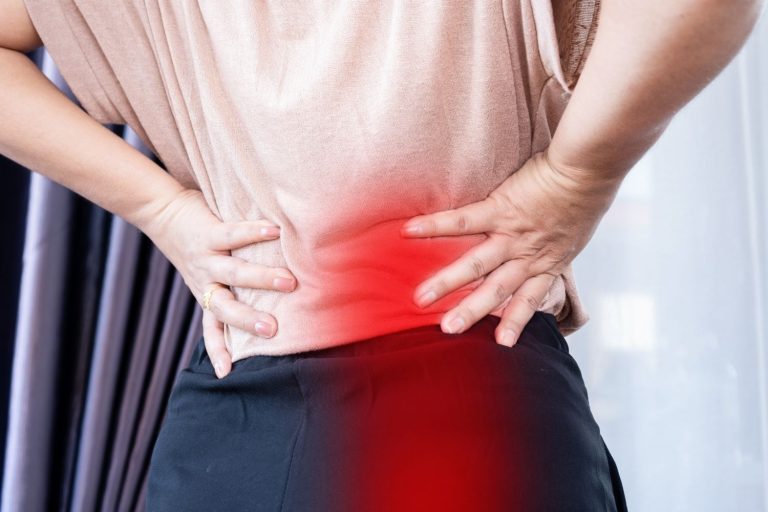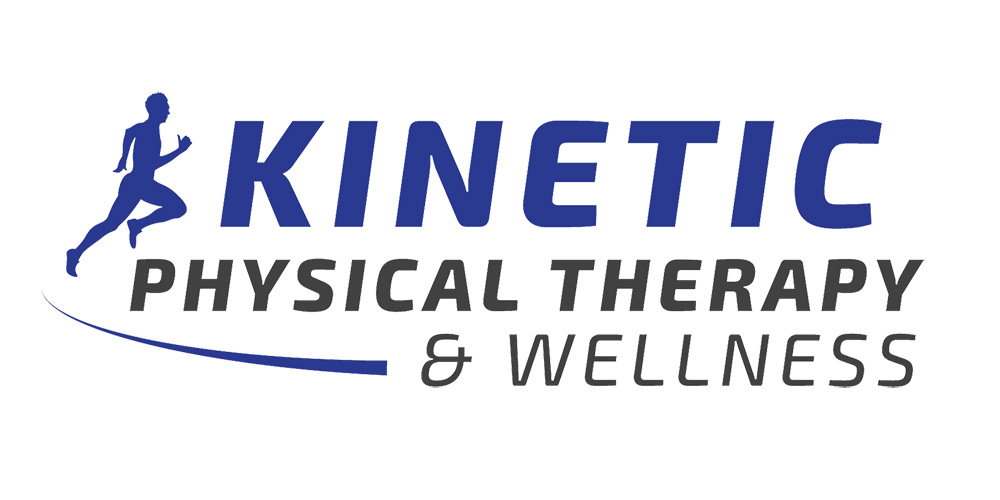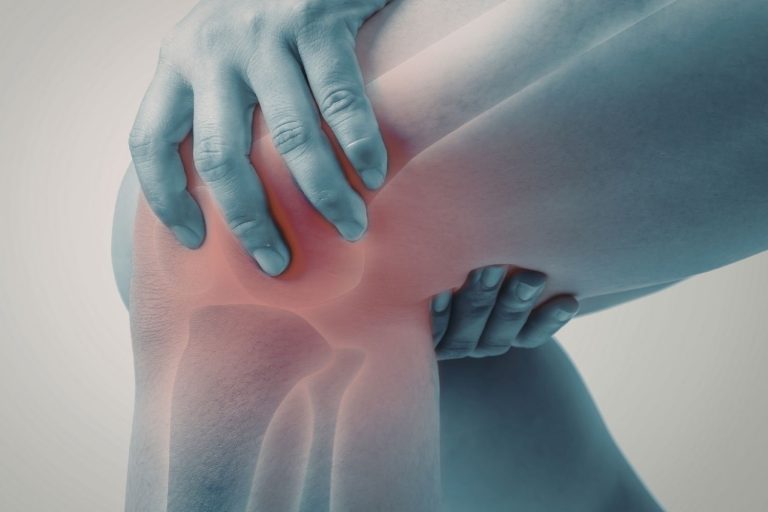

Stress Cravings vs Physical Hunger
The holidays can be a tricky time, especially if you’re trying to eat healthy or lose weight. It might seem impossible to resist all the festive sweets and treats. Stress hormones, such as adrenaline and cortisol, can team up with insulin and hunger hormones, making you crave fatty and sugary foods. At times, we can find ourselves with stress cravings and eating to cope with emotions rather than meeting our physical needs for nourishment with healthy food choices. Instead of giving in to these stress cravings, let’s learn how to tell the difference between stress-induced cravings and physical hunger.
Here are some 5 tips for knowing the difference between stress cravings vs physical hunger:
1. Physical Sensations:
a. Stress Cravings: These cravings are often coupled with feelings of sadness, emptiness, or nervousness.
b. Physical Hunger: This hunger occurs with sensations such as your stomach growling and hunger pains.
2. Consider Your Food Preferences:
If you are craving a specific food, then it’s likely to be a stress or emotional craving. But if you’re open to different healthy options, then you’re likely just hungry.
3. Time of Day:
Stress cravings may occur late at night, during the quiet afternoon, or after a particularly stressful event. On the other hand, physical hunger usually happens a few hours after your last meal or after physical activity.
4. Development of Cravings:
Stress cravings can show up suddenly, stick around, and sometimes require you to distract yourself to ignore. Physical hunger, on the other hand, comes on slowly and can simply be alleviated by ignoring it.
5. Post-Eating Reflection:
Stress-eating may lead to feelings of guilt or shame, while satisfying physical hunger leaves you feeling content. Before eating, ask yourself, “How will I feel after I eat this?”
Coping with Emotional Cravings:
If the urge for emotional eating arises, try these three steps:
1. Delay:
Try waiting out the craving. Opt for a glass of water or flavored water to occupy your mind and help you manage the urge.
2. Distract:
Engage in activities that bring you joy or relaxation. Whether it’s taking a walk, pursuing a hobby, playing a game, or reading a book, distracting yourself can be a powerful tool.
3. Substitute:
If you decide to act on your craving after delaying and distracting, opt for a healthier substitute. This allows you to make a purposeful, healthy choice while staying on track. Keep convenient and healthy snacks like fresh fruits and veggies on hand to ensure you always have nutritious options readily available.
By incorporating these tips into your daily routine, you can empower yourself to make sound healthy choices throughout the holiday season and beyond. Remember, understanding your body’s signals and responding with intention can pave the way for a healthier and happier you!
To take your journey a step further and receive personalized guidance on maintaining a balanced and nourishing diet, book an appointment with our Dietitian!
Please Share
categories
Recent Posts

Stress Cravings vs Physical Hunger
The holidays can be a tricky time, especially if you’re trying to eat healthy or lose weight. It might seem impossible to resist all the festive sweets and treats. Stress hormones, such as adrenaline and cortisol, can team up with insulin and hunger hormones, making you crave fatty and sugary foods. At times, we can find ourselves with stress cravings and eating to cope with emotions rather than meeting our physical needs for nourishment with healthy food choices. Instead of giving in to these stress cravings, let’s learn how to tell the difference between stress-induced cravings and physical hunger.
Here are some 5 tips for knowing the difference between stress cravings vs physical hunger:
1. Physical Sensations:
a. Stress Cravings: These cravings are often coupled with feelings of sadness, emptiness, or nervousness.
b. Physical Hunger: This hunger occurs with sensations such as your stomach growling and hunger pains.
2. Consider Your Food Preferences:
If you are craving a specific food, then it’s likely to be a stress or emotional craving. But if you’re open to different healthy options, then you’re likely just hungry.
3. Time of Day:
Stress cravings may occur late at night, during the quiet afternoon, or after a particularly stressful event. On the other hand, physical hunger usually happens a few hours after your last meal or after physical activity.
4. Development of Cravings:
Stress cravings can show up suddenly, stick around, and sometimes require you to distract yourself to ignore. Physical hunger, on the other hand, comes on slowly and can simply be alleviated by ignoring it.
5. Post-Eating Reflection:
Stress-eating may lead to feelings of guilt or shame, while satisfying physical hunger leaves you feeling content. Before eating, ask yourself, “How will I feel after I eat this?”
Coping with Emotional Cravings:
If the urge for emotional eating arises, try these three steps:
1. Delay:
Try waiting out the craving. Opt for a glass of water or flavored water to occupy your mind and help you manage the urge.
2. Distract:
Engage in activities that bring you joy or relaxation. Whether it’s taking a walk, pursuing a hobby, playing a game, or reading a book, distracting yourself can be a powerful tool.
3. Substitute:
If you decide to act on your craving after delaying and distracting, opt for a healthier substitute. This allows you to make a purposeful, healthy choice while staying on track. Keep convenient and healthy snacks like fresh fruits and veggies on hand to ensure you always have nutritious options readily available.
By incorporating these tips into your daily routine, you can empower yourself to make sound healthy choices throughout the holiday season and beyond. Remember, understanding your body’s signals and responding with intention can pave the way for a healthier and happier you!
To take your journey a step further and receive personalized guidance on maintaining a balanced and nourishing diet, book an appointment with our Dietitian!
Please Share







